
The term “selling out” was popularized in the 60's where brands were supposed to have integrity, values, and a mission. All that was pretty much gone by the 70's. And thanks to the advent of MTV in 1981, it became unusual when brands wouldn't affiliate with whatever sponsor ponied up the bucks. Sure, there were bands like Led Zeppelin that wouldn't lend their music to any commercial, but Cadillac's “Break On Through” campaign launched in 2003?
And the question is whether brands ever pay a price for “selling out.” After all, we're living in times where crass commercialization is the standard rather than the exception. And then I ran across today's #TBT blog post which published exactly two years ago, and written by my brother, Paul.
Like today's post. Paul wrote it right when Sinclair's Diamond Sports division sold the naming rights for their Fox Sports hubs to Bally's. As you'll read, Paul called into question the sense of rebranding a perfectly respectable regional sports network to a casino, and he called out Sinclair for doing it.
Fast-forward to this year, and Bally Sports is going under, declaring bankruptcy with debts ranging in the billions for sports-media rights fees alone. And in the process, leaving millions of sports fans in the lurch.
Major League Baseball will no doubt come to the rescue – of its own games. And who's to blame? Sinclair management? Low rated sporting events? I know Paul acknowledges all those fails, but also points to the bad karma of “selling out” a well-respected brand to a whoever shows up with wads of cash.
That was the case last month when Max Media's WVSP (ESPN) in Hampton Roads, Virginia sold its brand out to become Priority Auto Sports Radio 94.1. We blogged about it back then.
Today's post is a cautionary tale. Yes, the piper must be paid. But what is the interest, the hidden fees, and the brand damage that goes along with climbing in the sack with a questionable sponsor? – FJ
March 2021
By Paul Jacobs
Those of you who know me and Fred understand the reason why our partnership works so well. He and I are the radio version of yin and yang. Like in those buddy movies, we are very different people. Even though we share the same gene pool, we've always been on parallel paths – sometimes heading in different directions.
Ginger and Maryann, Felix and Oscar, Mantle and Maris, Kirk and Spock – couples where the power of opposites made for a successful team. He's older, I'm younger; he's Starbucks, I'm Dunkin; and yes, he's programming, I'm sales.
That last one is the key differentiator. We've both had great runs in radio, but from different corners of the station. And over the years, we've learned how to complement – and yes, even compliment – each other. Fred has made a career out of building and championing brands and even formats. I, on the other hand, am tasked with trying to figure out how to sell everything that’s not nailed down.
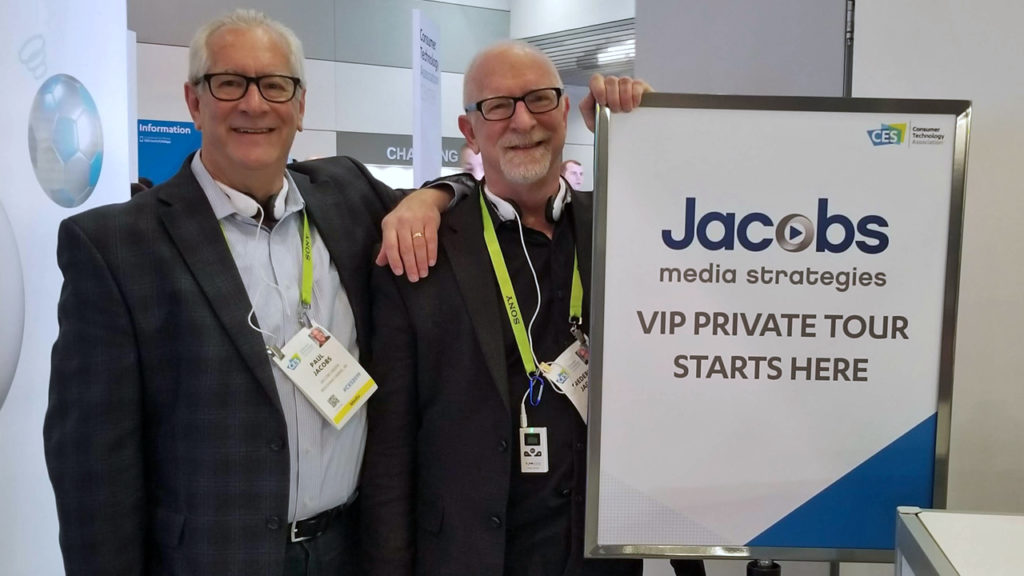
This tension works because we share a mutual goal – to design and grow sustainable, popular, and profitable brands that are built to last. When it all comes together, everyone is served – listener, advertisers, and communities. When both sides find a way to work together, great things can happen.
Throughout my career, I’ve been tasked with selling sponsorships of great programming products – the types of things PDs are enthusiastic about because they usually thought of them. That's how win-wins are created. The content creators design and make something they're proud of and are willing to excessively promote. And smart, savvy salespeople who can see beyond cost per point grasp the value of bringing advertisers into the inner circle, able to participate in great programming moments.
I've sold the backs of thousands of WRIF bumper stickers, the parking lot at the Buzz Bake Sale, and even the port-a-potties at the Edge/Tulsa’s Edgefest. So I have been able to create revenue on the back of great programming ideas (OK, except for maybe the port-a-potties).
Back in the glory days of Detroit rock radio, I worked with our production director, the great Dave Simmons, to craft a parody of one of Ted Nugent's hits to create a clever, programming-friendly campaign for a local fast food joint – yes, the campaign was “Wango Taco.” (Hey, it worked – I got 100% of the guy's budget!)
 Today, I work with hundreds of our jacapps clients on discovering new ways to help them monetize their mobile apps. As many of you will soon see, we will have a sponsor for this year's Techsurvey. Veritone is now on board, reaping the perceptual benefits of being connected to a great research study.
Today, I work with hundreds of our jacapps clients on discovering new ways to help them monetize their mobile apps. As many of you will soon see, we will have a sponsor for this year's Techsurvey. Veritone is now on board, reaping the perceptual benefits of being connected to a great research study.
Putting together great brands with great content so everybody wins. Yes, it’s how I’m wired.
But I know where “the line” is because I’ve worked with Fred for so long, and I respect that ultimately, the value of what I’m selling is the brand itself. There are certain things that are sacred – and that's one of them.
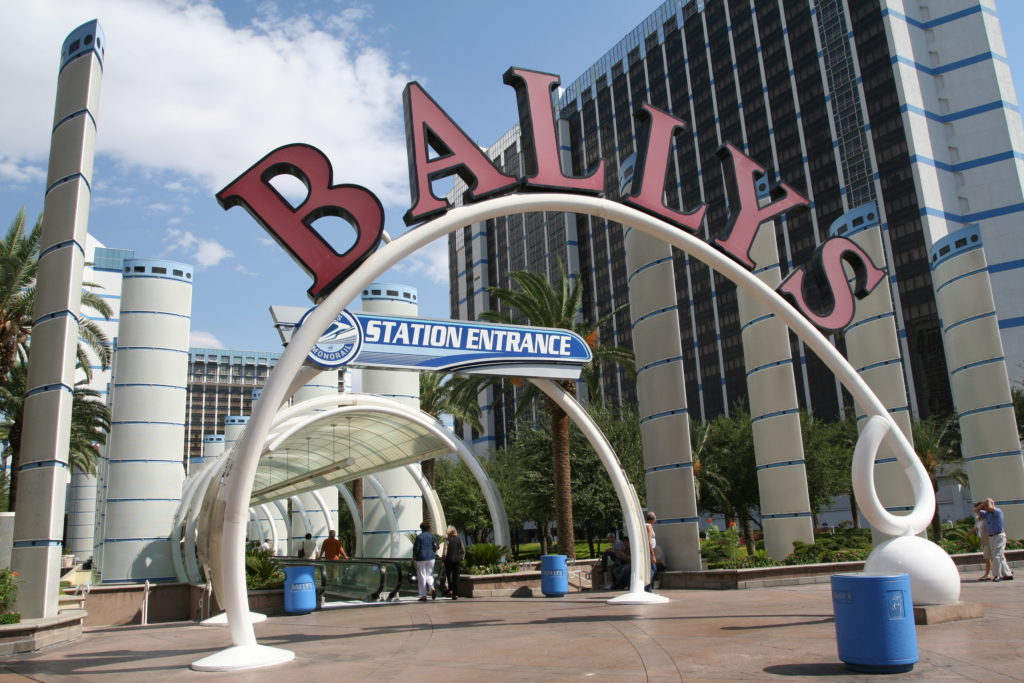 So that’s why I was stopped in my tracks last week when I saw that Fox Regional Sports Networks has now not only crossed the line – they've stomped all over it.
So that’s why I was stopped in my tracks last week when I saw that Fox Regional Sports Networks has now not only crossed the line – they've stomped all over it.
Bally's has bought the naming rights to the entire network – everywhere – in their 19 regional markets. In fact, two new ones – Bally's Sports South and Bally's Sports Southeast will replace the Fox Sports brands in Tennessee and the Carolinas.
The powers that be have crossed that line with Bally’s. They didn’t just sell a sponsorship or even naming rights to Bally’s,
THEY SOLD OUT THEIR FREAKING BRAND!
Now I’m sure the bean counters at Sinclair – who recently closed on their purchase of the Fox Sports Networks for $10 billion – see this as a smart way to recoup their investment. As I'm sure they're putting it to their investment partners, they're simply capitalizing on their scale.
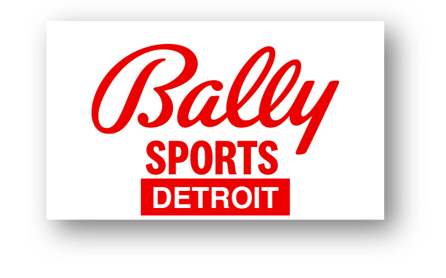 John Ziegler, Sinclair's chief marketing officer, rationalized it this way:
John Ziegler, Sinclair's chief marketing officer, rationalized it this way:
“It's additive. I can watch a game and there is inevitably going to be downtime – a pitching change or a commercial break – but I'm still invested in the game, and I'm also on my phone. “This fills those micro-pauses in the action with something. It makes the experience more lean-in.”
In other words, if it doesn't move, sell it. If it moves, sell it for more.
It all begins on March 31 (just in time for MLB Opening Day). And it's not just the news set or the anchors' blazers. IT”S EVERYTHING.
That's right, even the Fox Sports mobile app will be transformed into the Bally Sports app. 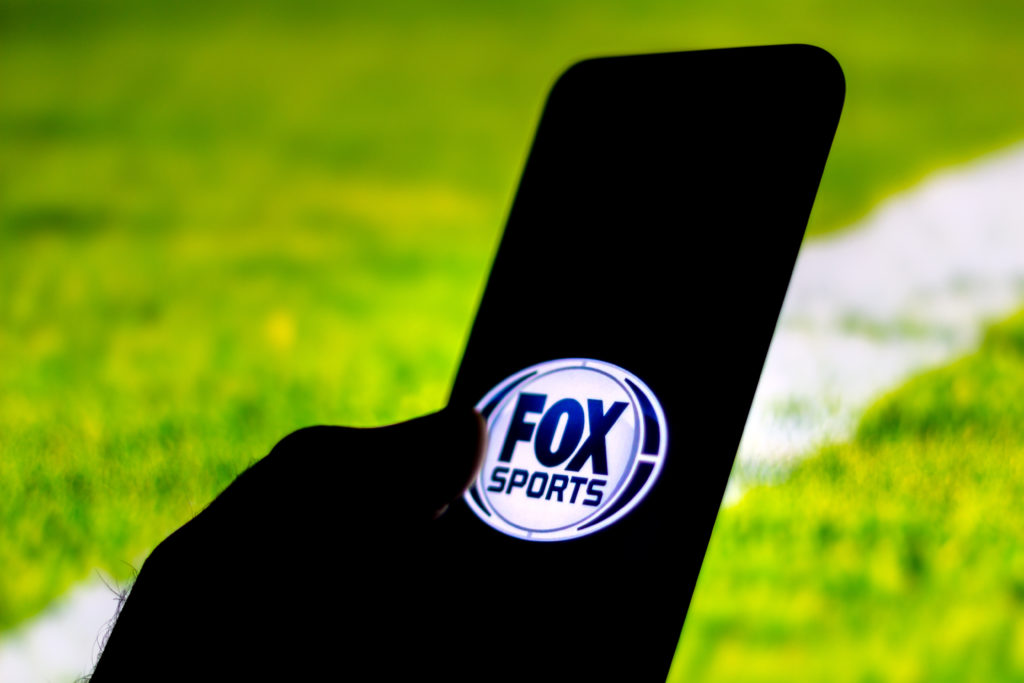
But are they really? According to Market Screener, Bally’s is paying them $88 million over 10 years to take over ownership of the brand at 21 regional networks. I’m not great at math (hey, I’m a radio guy), but that works out to $419,000 per network per year. As gambles go, it sounds to me like Bally’s won this bet big.
After all these years of building brand equity for For Sports Detroit (or Seattle or Cleveland or Kansas City), now we have a decade of Bally's – that is,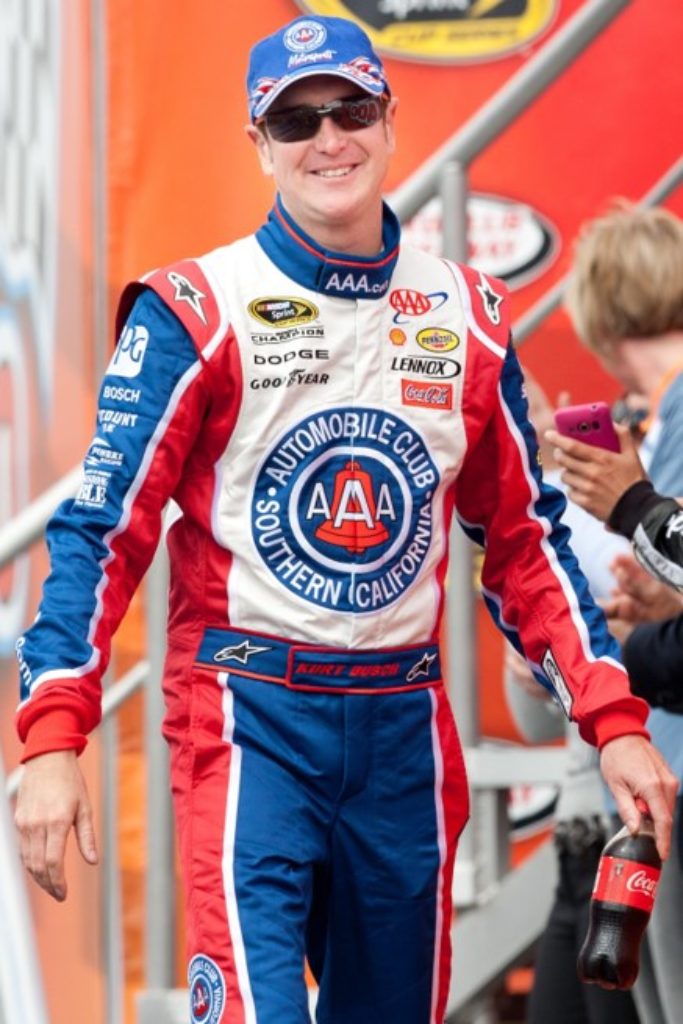 until they're sold or decide not to re-up. Then the entire network could be sold to someone else, say MGM Grand or Fan Duel or Coors.
until they're sold or decide not to re-up. Then the entire network could be sold to someone else, say MGM Grand or Fan Duel or Coors.
In much the same way, sports stadiums, arenas, and concert venues have lost their identities, these regional sports networks have gone several clicks beyond slapping a Nike logo on everyone's blazer.
I can only imagine Fred’s reaction if I brought him this concept.
“Hey, bro – look who's willing to pay a quarter mil a year for a title sponsorship FOR THE STATION!”
Think about what would happen if salespeople at radio stations across America were empowered to sell out their brands:
With minimal cutting and pasting, 91X would become 91Xfinity.
KISS FM would convert to Sephora FM.
Power 99 would flip to switch and become Duke Power 99.
The Drive would be renamed The Vette.
Z100 easily rebrands to Zappos100
KS95 makes the move to Kick Starter 95. 
The Bull would morph into 106.7 California Beef.
WTOP sells out to Top Golf, of course.
The Fan (of course) would smoothly transition to Fan Duel.
And even public radio would get into the act. Michigan Radio would take those underwriting dollars and become Pure Michigan Radio.
And then in two years when the contract expires, you get to change your name again. Brilliant branding strategy.
“Hello, Nielsen, where do I go to fill out a new Station Information form?”
True, we are living in a world where making the nut on traditional revenue has become challenging, and we're all searching high and low for new revenue streams.
We are seeing sponsor patches on NBA jerseys, and it’s pretty annoying to watch an NFL game with sponsor logos magically appearing at the 20 yard-line.
NASCAR set the pace for sponsorships, using every inch of space on cars, race tracks, and uniforms to generate revenue for the sport, its venues, its teams, and its drivers and crews. But even they haven't changed the sport's entire name to NAPA or STP (yet).
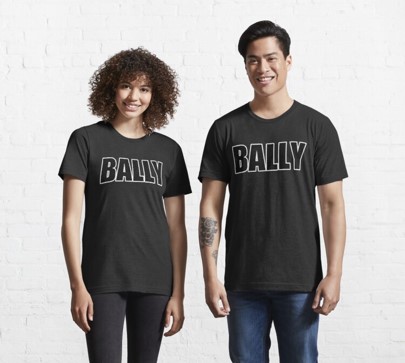 If this Bally's brand sponsorship becomes a trend, you can start looking for sports anchors and reporters to start donning the new team uniforms, on the set, on the field, and of course, in locker room interviews.
If this Bally's brand sponsorship becomes a trend, you can start looking for sports anchors and reporters to start donning the new team uniforms, on the set, on the field, and of course, in locker room interviews.
Post-COVID, radio has a lot of ground to make up. So, it’s imperative stations and their companies uncover new sources of revenue, especially from advertisers and sponsors looking to get their marketing messages across to an audience that is bored and ready to spend some money. And with all those stimulus checks hitting bank accounts, and PPP funds flowing into businesses, the opportunities to cash in will be plentiful, right here and right now.
Savvy broadcasters have sold the naming rights to their air studios and even their vans. They’ve partnered with breweries and distilleries to create adult beverages. They've sold title and stage sponsorships to their major events. All of this can work, and has become expected and acceptable to the audience.
But selling out your name, your moniker, your precious BRAND?
I’m a pretty good salesperson, but I don’t think I could pull this one off.
(“Honey, I sold the BRAND!”)
Plus, then I’d have to deal with Fred . . . .
Where do you work again?
Who's your daddy?
- 2024 Could (Should?) Be A Good Year For Radio - April 17, 2024
- A Blueprint For Radio, Part 2 (The Fine Print) - March 13, 2024
- A Blueprint For Radio - March 12, 2024






I didn’t glean all the details about “Wango Taco” from the brief mention in the piece, but isn’t that — how do I say? — not kosher?
In the 90s I was prodo for a prominent Central PA CHR, where the guy before me vocal-zapped hit songs and made them into commercial jingles. Profitable for us but quite the breach of copyright laws. Management claimed fair use because “parody is legal.” I noted it is legal right up until the point where money starts being made from it, then the game changes and everybody needs to get paid. They were quite angry with me when I turned that spigot off by refusing to continue the former guy’s process (without proper clearance), lest we get sued up the nose.
Respect and props to the great Dave Simmons, but I hope it was by the book.
Another article that’s spot on! The biggest thing Fox sold is their integrity!
What’s that expression about not asking permission but begging forgiveness . . . . .?
Hasn’t the statute of radio limitations run out by now?